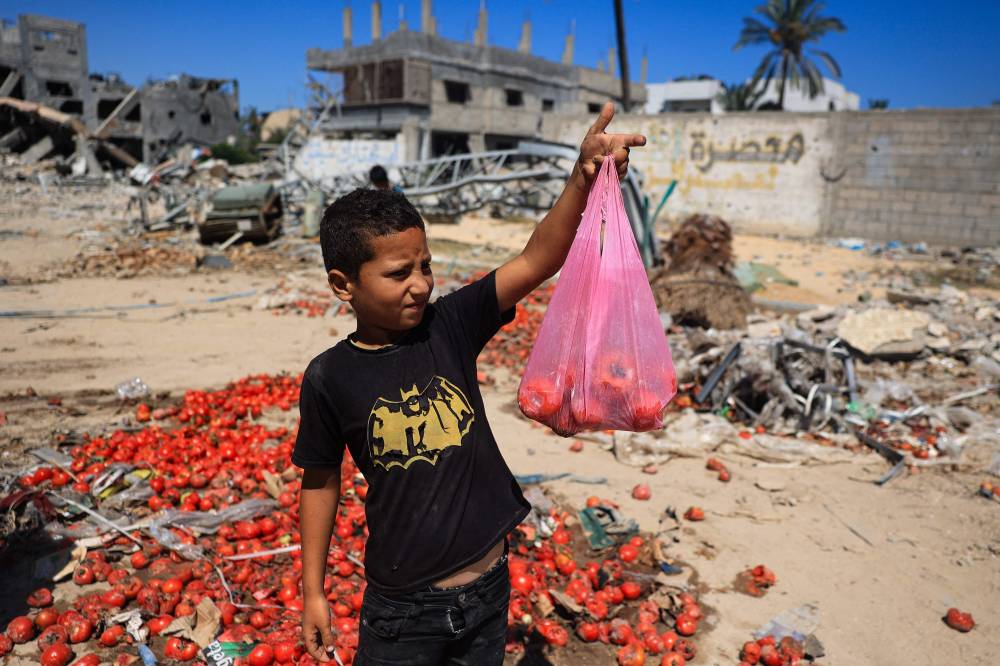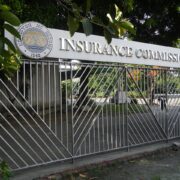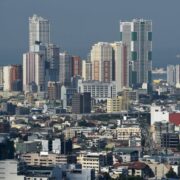Feeding Gaza: Traders run gauntlet of bullets, bombs and bribes

Mohammed describes a delivery job from hell.
“I get screwed on every shipment,” the Gazan trader told Reuters. He said he has to fork out more than $14,000 for each truck of food he brings into the besieged enclave to pay sky-high transport costs, bribes to middlemen and protection from looters. That’s up from $1,500-$4,000 before the war began in October.
“It’s barely worth my while. But I need food, my neighbors need food, the whole of Gaza needs food.”
Mohammed said he doesn’t like it, but he’s forced to hike prices of some fresh food like dairy products, fruit and chicken to 10 times their normal value just to break even, though he knows this puts them out of reach of many hungry Gazans.
He and 17 other people interviewed by Reuters, most of them traders and aid workers in Gaza with direct knowledge of the supply situation, described a chaotic system that often makes it too dangerous or costly for business owners to import food, even as aid agencies warn of the growing risk of famine.
Many of the people requested their full names be withheld to speak freely about sensitive matters, with traders like Mohammed saying they feared reprisals by local gangs or being blacklisted by the Israeli military for speaking out.

‘Active war zone’
The bulk of the money spent on importing food goes on ballooning trucking costs, according to the people interviewed.
Drivers in Israel have increased their rates by as much as threefold because of attacks by Israeli protesters on trucks heading towards Gaza, they said.
Cargoes also often have to wait for days, either near their departure points in the occupied West Bank or the Kerem Shalom border crossing from Israel into southern Gaza to be inspected by Israeli soldiers and approved to enter the enclave, they added, further driving up costs.
Once the goods finally make it into Gaza, the sources told Reuters, the hairiest part of the journey begins.
Another trader, Hamuda, who imports pickled vegetables, poultry and dairy goods from the West Bank, said he either pays off local criminal gangs or hires his own armed men to stand on top of the cargoes and ward off looters.
Reuters, the news and media division of Thomson Reuters, is the world’s largest multimedia news provider, reaching billions of people worldwide every day. Reuters provides business, financial, national and international news to professionals via desktop terminals, the world's media organizations, industry events and directly to consumers.

















